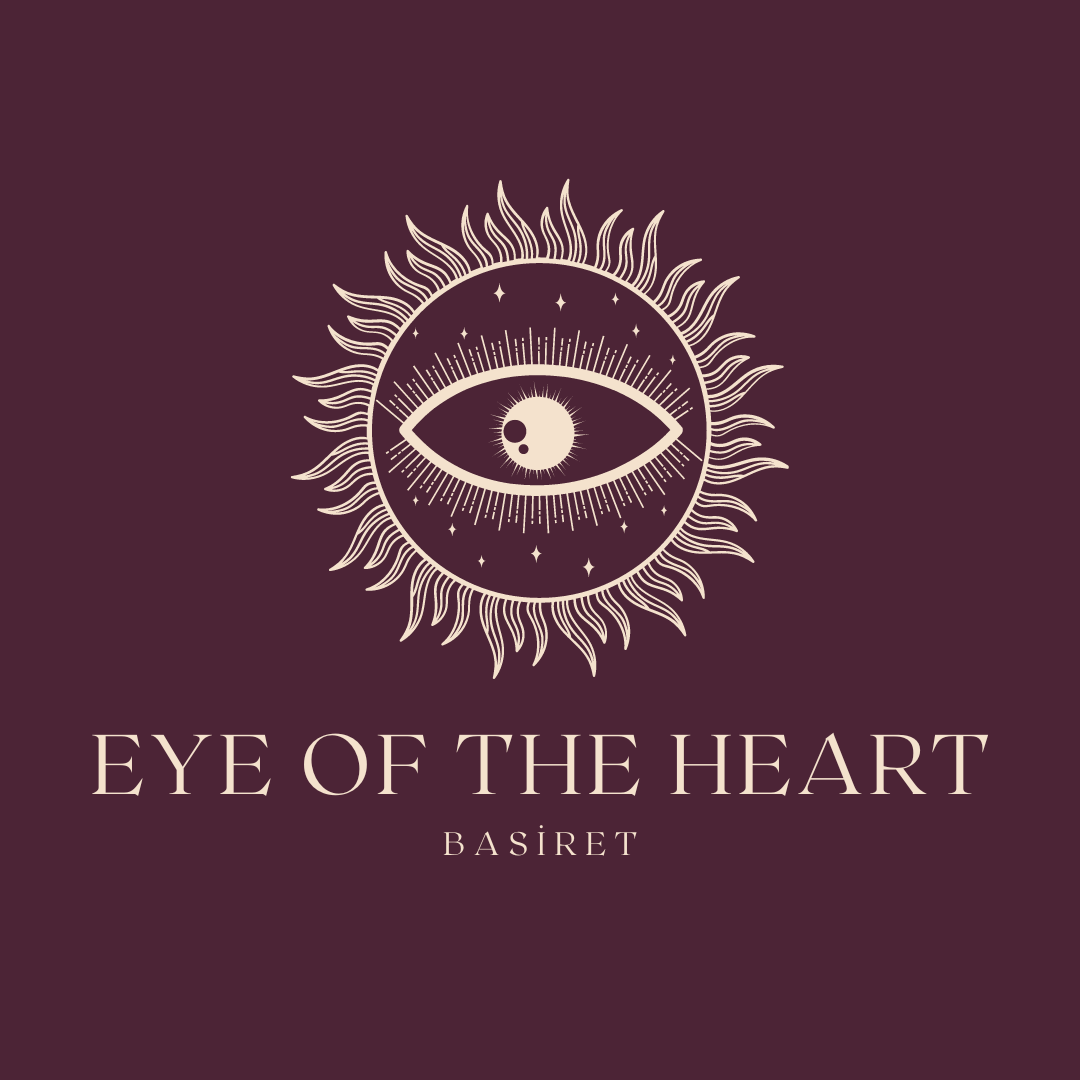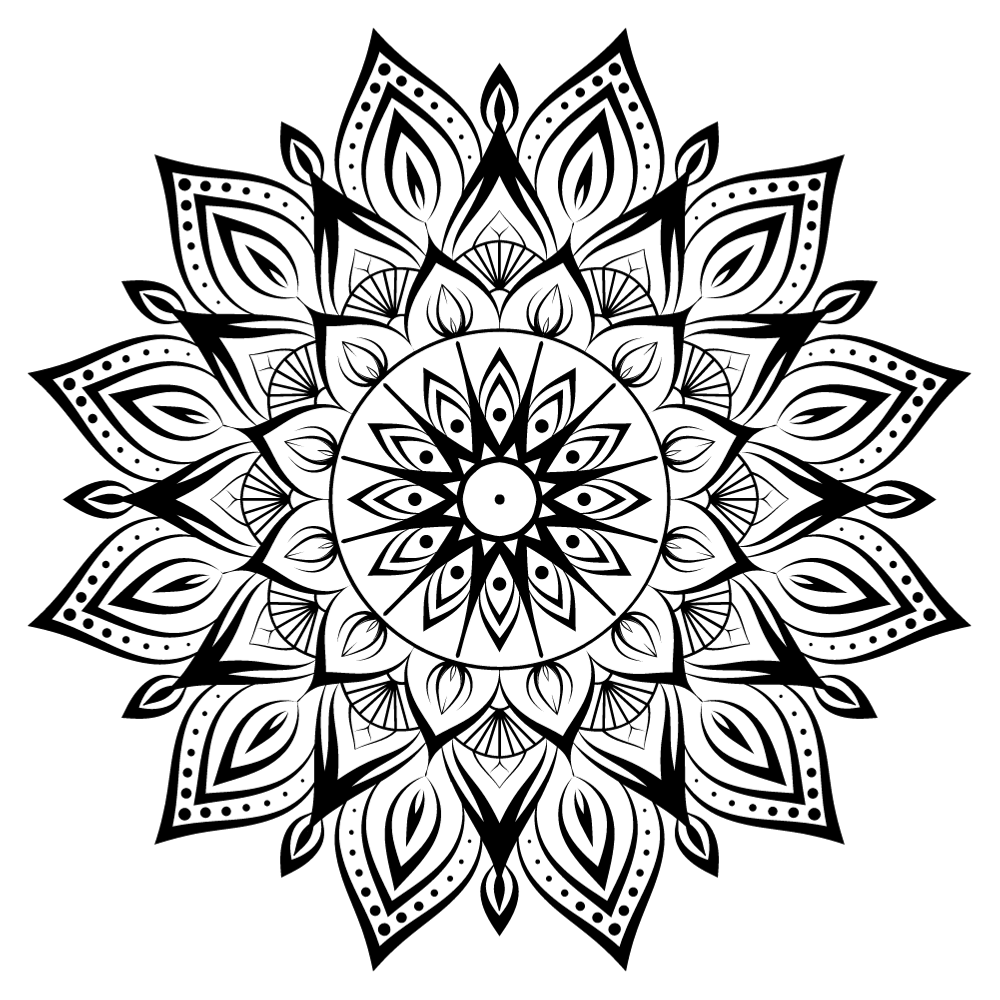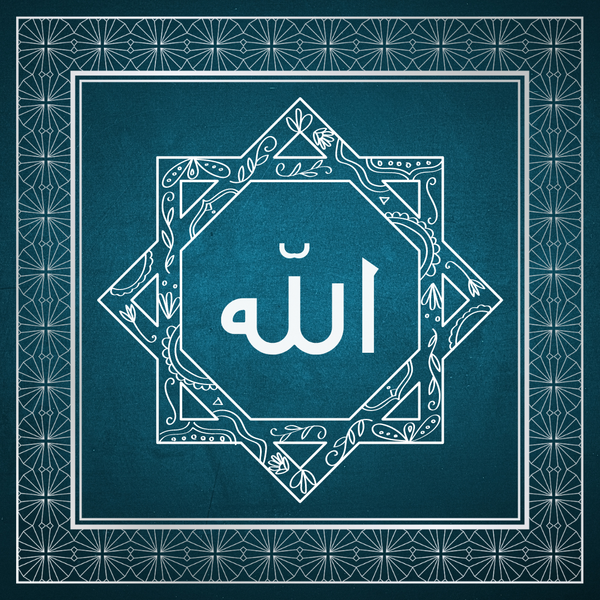Eye of the Heart

The Quran introduces the concept of "basiret" (plural: basâir, see 61/103,104; 75/14), as the vision beyond senses, foresight and power of vision. Literally, the word comes from the root "basar", which means seeing, the light that makes it easier to see and vehicle of sight.
The Quran also uses this concept together with the word "basar" (plural: ebsaar), which simply refers to the regular eye, the "head eye". In this usage, the "head eyes" are associated with human being; while, "basiret" is associated with Allah. Based on this, Islam scholars have defined "basiret" as the "eye of the heart". In Islamic Mysticism or Sufism, "basiret" is defined as:
"Basiret is the heart's power of vision and it is enlightened with the divine light. The inner secrets of existence are grasped with it." (Tehanevî, Keşşâju Istılâhât, "basiret" article)
Considering the explanations about "basiret", we can say that this power of vision, in contrast to the mathematical cognition based on senses, is sourced from the Divine and is used to grasp the eternal. In other words, it is the form of cognition that reaches to this greatness. The Quran also defines human being as a "basiret" turned towards his/her own ego. Thus, it draws attention that specifics of the human being's inner world can only be grasped by a cognition beyond senses.
The Quran also uses the terms "kalp" (heart) and "lübb" (plural: elbâb) synonymous with "basiret".
Since cognition grasping the eternal is the true power forming the true human being, the prophets became masters of "basiret". Their call is also to "basiret". Beyond this, all existence and being, and even divine revelation, are subjects in the domain of "basiret". (See Kaf Chapter, 8)
When defining human being as a "basiret", Mevlânâ Celaleddin Rûmi states the following:
"Human being is the eye, the rest is flesh and bone. The true eye is the eye which sees the Friend, that is Allah." (Mesnevi, 1405. coupelet)
As things to be seen with lesson, opening the heart; as lesson for all subjects who turn toward truth.
Kaf Chapter, 8. Verse





